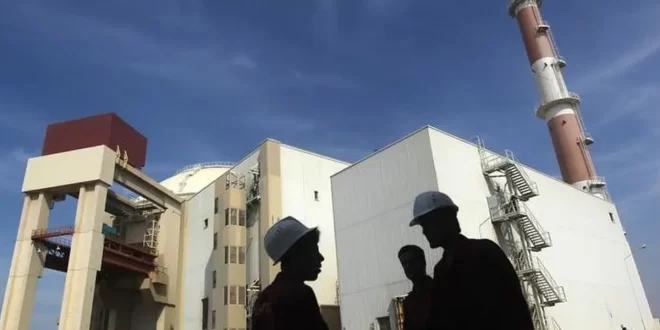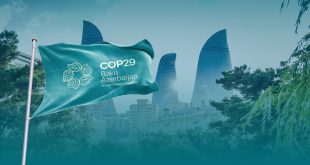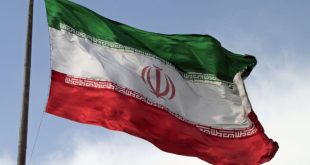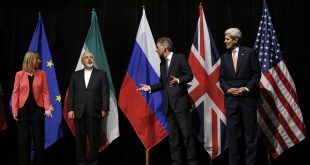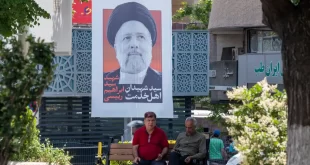Iran’s recently stated plan to build four more nuclear power reactors has raised questions about its feasibility as the country wrestles with economic crisis and isolation.
According to early estimates, work has started in the southern region with a five-thousand-megawatt total capacity in mind. With 4,000 employment prospects and an estimated $20 billion cost, the planned nine-year schedule raises questions under current economic circumstances.
The difficulties Iran has faced in building new power plants in the last ten years raise doubts about whether the 25,000 megawatts of new electricity that the previous national development plan sought to bring about can be achieved.
The Iranian government pledged to raise the percentage of renewable and clean energy power plants to a minimum of five percent in line with the sixth development plan (2017–2021). However, the share of nuclear power is currently one percent, which means that the program’s goals have been significantly missed.
The Research Center of the Iranian Parliament emphasizes that over 80 percent of the nation’s energy is thermally produced, heavily reliant on natural gas, necessitating a diversification of the energy generation portfolio.
The only nuclear power plant in the country is a 1,000 megawatt facility that started up in 2011 with help from Russia. A 300 megawatt plant is reportedly under construction in Khuzestan.
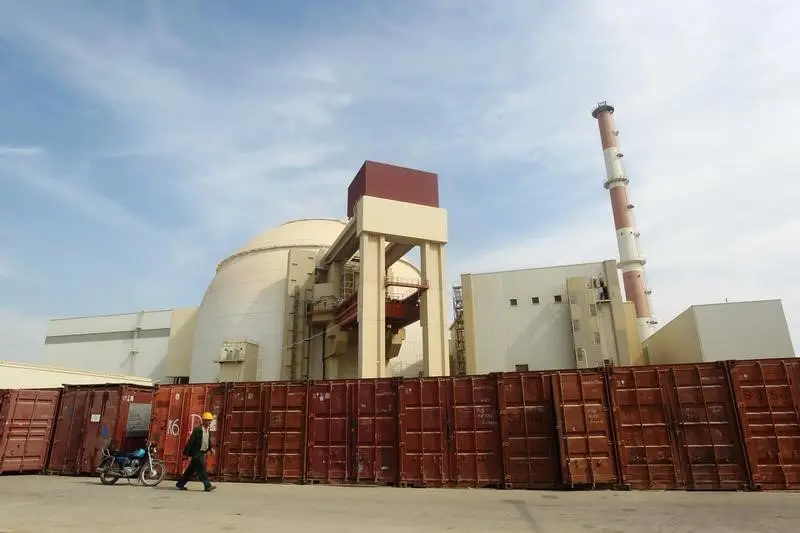
Building times for nuclear power plants vary greatly due to factors like supply chain maturity, design revisions, and project management efficiency, but Iran faces a severe electricity shortage now. Consumption peaked at over 72,000 megawatts in 2023, surpassing the actual production capacity of power plants, capped at 60,000 megawatts during the warm season.
Iran is facing several obstacles in its efforts to build further nuclear power reactors, including financial and technological constraints, geopolitical and political instability, and international sanctions. The interplay of political and economic dynamics, together with worries about public opinion, safety, and international compliance, complicate Iran’s nuclear energy development scenario. Moreover, Mohammad Eslami, the head of Iran’s nuclear energy said last week that Tehran is planning to build the new reactors relying on domestic financing and knowhow.
One interesting finding is that Iran seems to value nuclear energy security more than its overall needs for energy production. The strategic emphasis on deterrent and national security capabilities highlights a departure from the traditional objective of increasing nuclear power generation for energy purposes. Iran’s attitude to international engagement, technical collaborations, and safety considerations in the nuclear realm may be greatly impacted by this strategic direction.
With its protracted delays and non-operational issues, Iran’s first nuclear power plant—built with Russian assistance—remains insufficient to the country’s energy security.
Iran’s nuclear efforts are made more difficult by the geopolitical environment, namely by its confrontational foreign policy and various sanctions.
The question of whether these initiatives are feasible arises from the effect of sanctions on international collaboration and technical development. Iran must perform a sophisticated diplomatic dance to strike a balance between its desire for energy security and international relations as well as sanctions.
Examining Iran’s foreign policy, one can see that the country is committed to scientific progress even in the face of external challenges, as seen by its tenacity in pursuing its nuclear program despite sanctions. Careful navigation is necessary to resolve the delicate dance between energy demands, geopolitical concerns, and the difficulties presented by international sanctions. Iran’s prospects for the energy sector both at home and abroad will depend on how well it can surmount these challenges.

